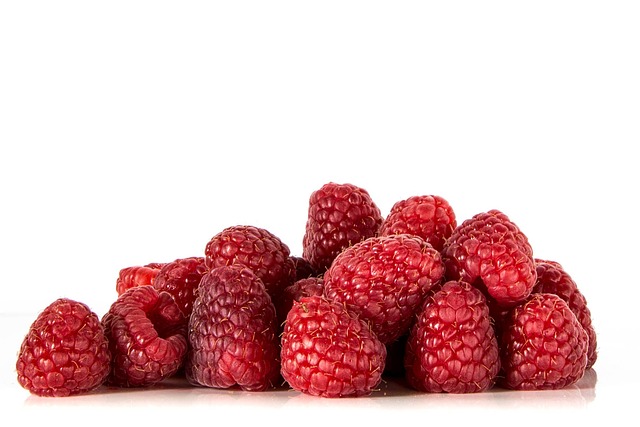The Ultimate Guide to Probiotics: Everything You Need to Know
Probiotics have become increasingly popular in recent years, with many claiming they can improve gut health, boost immunity, and even aid in weight loss. But what exactly are probiotics, and how do they work?
What are Probiotics?
Put simply, probiotics are live microorganisms that can have a beneficial effect on the body when consumed in adequate amounts. Most commonly, probiotics are bacteria, although there are also some probiotic yeasts.
Probiotics are often referred to as “good” bacteria because they help maintain a healthy balance of microbes in the gut. While there are many different types of bacteria in the gut, some are harmful and can cause illness, while others are beneficial and aid in digestion, immune function, and more.
How do Probiotics Work?
When you consume probiotics, they make their way to the gut and interact with the existing microbes there. This interaction can have a range of effects, including:
- Increasing the number of beneficial bacteria in the gut
- Stimulating the production of natural antibodies in the body
- Aiding in the digestion and absorption of food
- Reducing inflammation in the gut
- Supporting a healthy immune system
Benefits of Probiotics
The potential benefits of consuming probiotics are numerous and varied. Some of the most commonly reported benefits include:
- Improved gut health: Probiotics can help maintain a healthy balance of bacteria in the gut, reducing the risk of conditions such as irritable bowel syndrome (IBS), inflammatory bowel disease (IBD), and other digestive issues.
- Enhanced immune function: Probiotics have been shown to support the production of natural antibodies in the body, which can help fight off harmful bacteria and viruses.
- Reduced inflammation: Inflammation in the gut can be a contributing factor to many conditions, including autoimmune diseases, allergies, and even depression. Probiotics can help to reduce inflammation and improve overall gut health.
- Weight loss: Some studies have suggested that consuming probiotics may aid in weight loss by reducing inflammation and improving gut health.
Sources of Probiotics
There are many different foods and supplements that contain probiotics. Some of the most common sources include:
- Yogurt: Yogurt is perhaps the most well-known probiotic food. Look for brands that specifically state they contain live and active cultures.
- Kefir: This fermented milk drink is similar to yogurt but has a thinner consistency and tangier taste.
- Sauerkraut: Fermented cabbage is a good source of probiotics, but make sure to choose unpasteurized varieties that retain live cultures.
- Miso: This paste is made from fermented soybeans, rice, or barley and is a common ingredient in Japanese cuisine.
- Kimchi: This Korean dish is made from fermented vegetables, typically cabbage and radish, and is a good source of probiotics.
- Probiotic supplements: There are many different types of probiotic supplements available, including capsules, tablets, and powders. Look for supplements that contain a variety of strains and high colony-forming units (CFUs).
Conclusion
Probiotics are live microorganisms that can have a beneficial effect on the body when consumed in adequate amounts. They work by interacting with the microbes in the gut and can have a range of effects, including improving gut health, enhancing immune function, reducing inflammation, and even aiding in weight loss. There are many different food and supplement sources of probiotics, making it easy to incorporate them into your diet.







